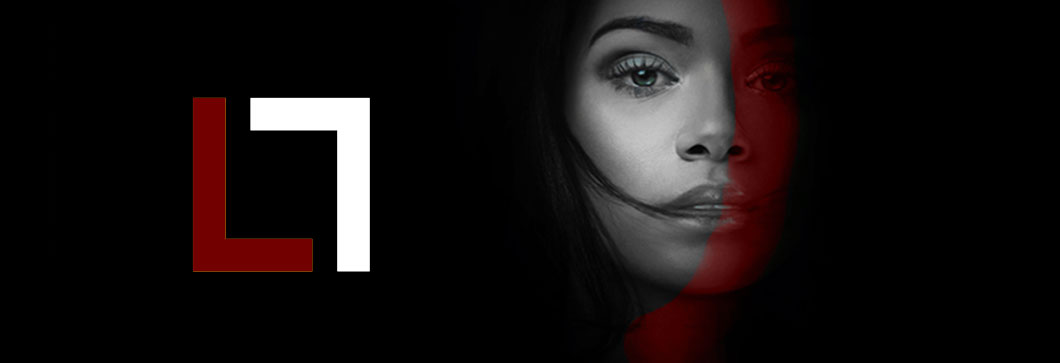Paolo Virzi’s film ‘Human Capital’ may be based on a novel, but it makes creative use of multiple viewpoints in the classic Rashomon style, framing the elements from many sides.
The film opens with a hit-and-run accident, but the narrative structure tells us more about the attitudes and self-serving perceptions of those surrounding the accident, rather than the unfortunate victim. The victim is the human capital, but there is more than one victim in this story.
The three ‘chapters’ of the film show up the everyday greed and status anxiety which is something most of us see on a daily basis, even in the mirror, and not only in style conscious Northern Italy, within easy commuting distance of Milan.
Here’s Dino an estate agent who desperately wants to be seen as a bit shot, and there’s Carla, a property magnate’s unfulfilled wife, who hopes to rekindle some inner meaning in her life by reviving a rundown local theatre building, along with her own long-abandoned theatrical career.
They both ignore the realities of their lives in the hope of becoming more than their everyday existence forces them to be. By wanting too much they miss the important things around them, by literally relegating them to the distant backgrounds of their story.
Only when we get to chapter three, which gives us the viewpoint of Dino’s teenage daughter Serena, do we start to see some objective truth and some real concern for the unfortunate victim and his family, who nevertheless still remains an elusive, undefined figure.
Not being impressed by wealth and status, Serena can see and reveal to us too, the real human elements of this story. Her passion and preoccupations show both her father and many of the other protagonists in the film in a true, unflattering light.
Wanting good things to happen for your family and your friends can be seen as a good human investment. But wanting them purely for greed and for the psychological and financial status they bring, often has other human consequences.
By the end, Carla seems to have reached a form of self-awareness when she says to her wealthy husband, ‘You’ve bet on the ruins of this country. And you won.’
She has begun to understand. Human life and human values are not commodities to be bought and sold. Their value goes far beyond capital.
Luger








